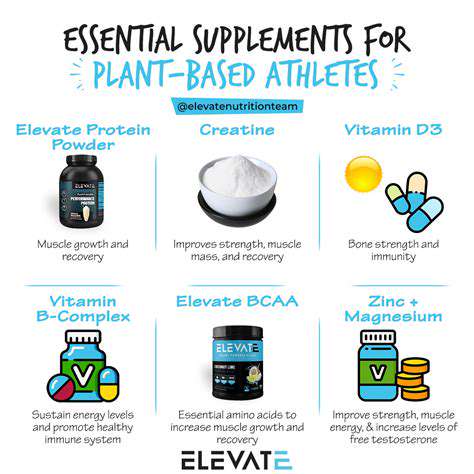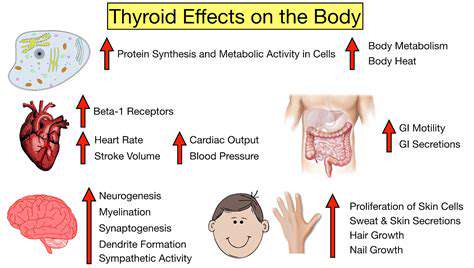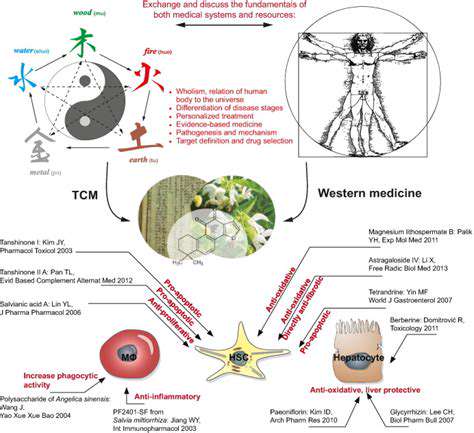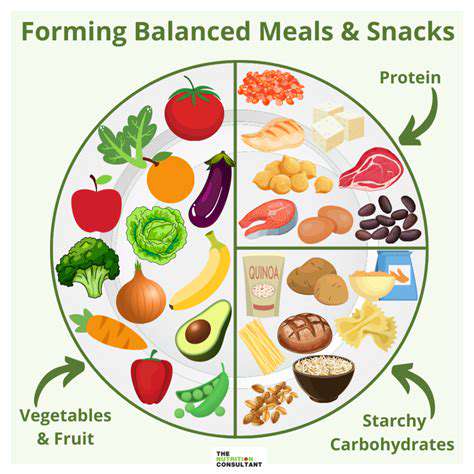Top 5 Plant Based Protein Powders
Soy Protein: A Complete Protein Powerhouse
Soy protein stands out as a complete protein, providing all nine essential amino acids that the human body cannot synthesize independently. This unique characteristic makes it particularly valuable for vegetarians and vegans seeking to maintain adequate protein intake without animal products. Derived from nutrient-rich soybeans, this versatile legume offers more than just protein, contributing significantly to a well-rounded diet. Athletes and fitness enthusiasts frequently incorporate soy protein into their regimens to support muscle recovery and growth.
In the supplement market, soy protein appears primarily as isolates and concentrates. Isolates undergo extensive processing to eliminate most fats and carbohydrates, yielding a product with exceptionally high protein concentration. This purity makes isolates ideal for individuals requiring precise protein measurements in their diets. However, processing can affect flavor and texture, prompting consumers to experiment with different brands to find their preferred option.
Health Benefits of Soy Protein
Beyond its fundamental role in tissue repair, emerging research suggests soy protein may offer cardiovascular benefits by helping regulate cholesterol levels. Some studies indicate potential advantages for blood sugar management, which could prove valuable for individuals with diabetes or prediabetes. The isoflavones in soy have shown promise in supporting bone density and possibly reducing cancer risks, though further investigation is needed to confirm these effects conclusively.
The culinary flexibility of soy protein makes it exceptionally practical for daily use. From protein shakes to meat substitutes in stir-fries, its adaptability allows for seamless integration into diverse meal plans, helping individuals meet their nutritional goals without sacrificing variety or taste.
Varieties of Soy Protein
Consumers encounter several soy protein forms, each with distinct characteristics. Isolates represent the purest form, with protein content reaching 90% or higher and minimal accompanying nutrients. Concentrates maintain a more balanced nutritional profile, typically containing 70% protein along with beneficial fibers and phytochemicals. The optimal choice depends on individual health objectives, dietary restrictions, and personal taste preferences.
Allergy Considerations
While generally safe for most populations, soy ranks among the eight major food allergens. Individuals with soy allergies should exercise caution and consult healthcare providers before consuming soy-based products. Careful examination of food labels becomes essential, as soy derivatives appear in numerous processed foods.
Role in Plant-Based Nutrition
As a complete plant protein, soy protein powder serves as a cornerstone in vegetarian and vegan diets. Its nutritional completeness and cooking versatility make it particularly valuable for those transitioning to plant-based eating. However, users should remain mindful of potential allergies and select products that align with their specific dietary needs and health goals.
Hemp Protein: A Nutritional Powerhouse

Hemp Protein: A Complete Protein Source
Hemp protein delivers all nine essential amino acids, qualifying it as a complete protein source comparable to animal-derived proteins. This nutritional profile makes it especially beneficial for active individuals seeking to optimize muscle recovery and growth. Unlike many plant proteins, hemp protein boasts exceptional digestibility due to its balanced amino acid composition and natural fiber content, reducing gastrointestinal discomfort common with other protein supplements.
Comprehensive Nutritional Profile
Beyond its protein content, hemp provides essential fatty acids in an optimal 3:1 ratio of omega-6 to omega-3. These nutrients play critical roles in cognitive function, inflammatory response, and cellular health. The substantial fiber content in hemp protein supports digestive health by promoting regular bowel movements and fostering beneficial gut bacteria. This combination of protein, healthy fats, and fiber contributes to prolonged satiety, potentially aiding weight management efforts.
Culinary Applications
Hemp protein's mild, nutty flavor and fine texture make it remarkably versatile in the kitchen. It blends seamlessly into smoothies, incorporates well into baked goods, and can enhance the nutritional profile of snacks like energy bars. This adaptability allows for creative incorporation into both sweet and savory dishes without overpowering other flavors.
Health Implications and Safety
Preliminary research suggests hemp protein may offer benefits for metabolic health and inflammation reduction, though more extensive human studies are needed. While generally well-tolerated, individuals taking blood-thinning medications or with specific dietary restrictions should consult healthcare professionals before adding hemp protein to their regimen.
Selecting Optimal Plant-Based Protein Powders
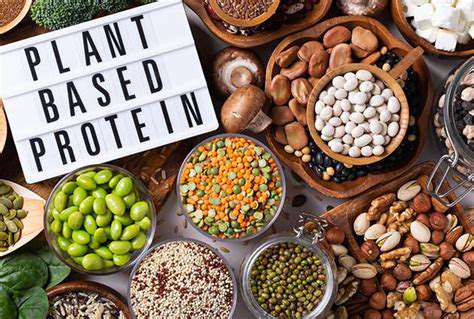
Understanding Plant Protein Sources
The plant kingdom offers diverse protein sources, each with unique nutritional benefits. Legumes, whole grains, nuts, and seeds all contribute valuable amino acid profiles to a balanced diet. A varied approach to plant protein consumption ensures adequate intake of all essential amino acids while providing complementary nutrients. This diversity not only supports physical health but also reduces environmental impact compared to animal-based protein production.
Health Advantages of Plant Proteins
Plant-based proteins typically contain less saturated fat and more fiber than their animal counterparts, potentially reducing cardiovascular risks. The phytonutrients and antioxidants present in plant proteins offer additional protective benefits against chronic diseases. These nutritional advantages make plant proteins valuable for both general wellness and specific health conditions.
Nutritional Variety and Considerations
The plant protein spectrum ranges from complete proteins like quinoa to complementary combinations like rice and beans. This variety allows for creative meal planning that meets protein needs while accommodating personal taste preferences. Individuals with food sensitivities or specific dietary requirements should carefully evaluate protein sources to ensure compatibility with their health needs.
Protein Combining Strategies
While single plant proteins may lack certain amino acids, strategic combinations create complete protein profiles. Traditional food pairings like beans with rice or hummus with whole wheat pita demonstrate this principle effectively. Understanding these combinations helps maximize the nutritional value of plant-based meals.
Addressing Potential Nutrient Gaps
Plant-based diets may require attention to certain nutrients like iron, zinc, and vitamin B12. Informed food selection, including fortified products and strategic supplementation, can effectively prevent potential deficiencies. Regular blood work and professional nutritional guidance help ensure optimal nutrient status for those following plant-based regimens.
Environmental and Ethical Dimensions
Choosing plant proteins supports more sustainable food systems, requiring fewer resources than animal agriculture. This dietary approach aligns with growing concerns about environmental conservation and animal welfare. As consumer demand increases, the market continues to expand with innovative plant-based protein options that satisfy both nutritional needs and ethical values.
